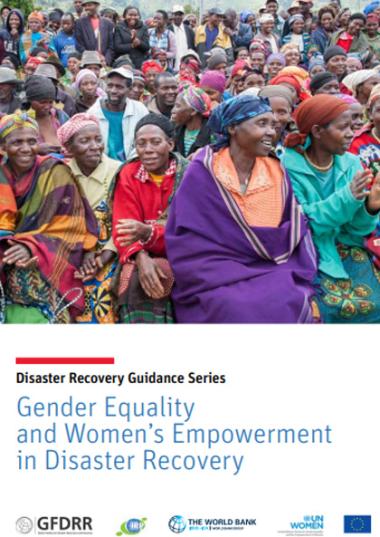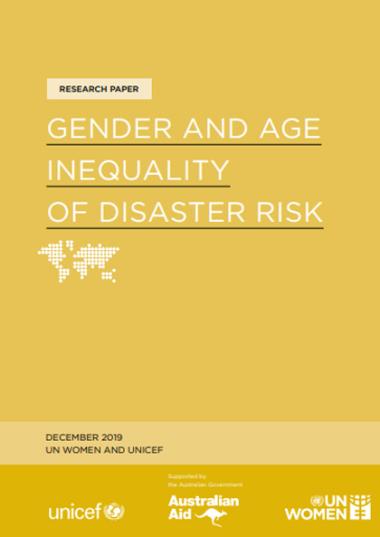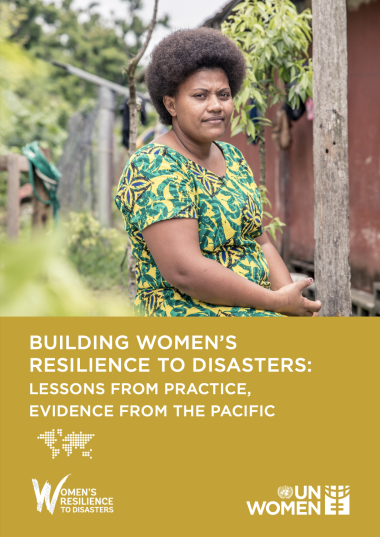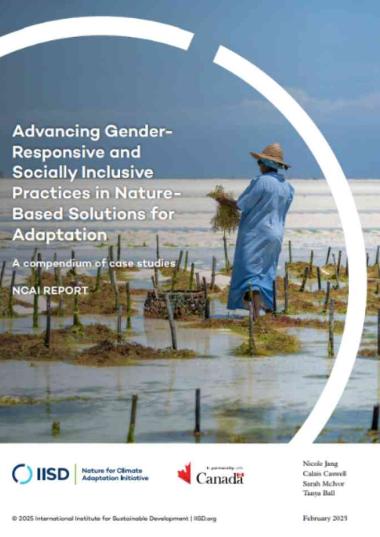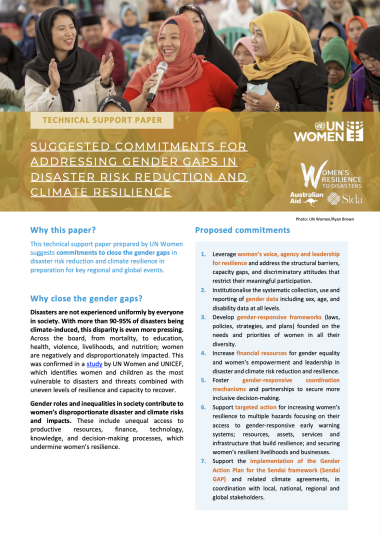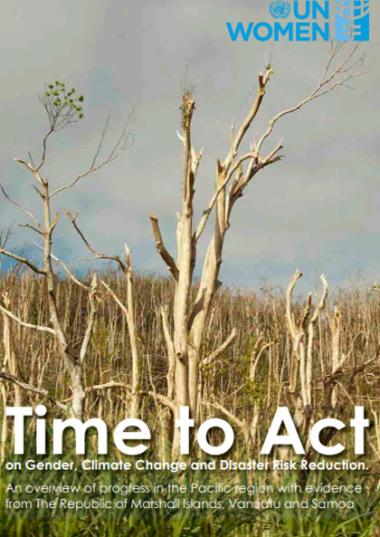
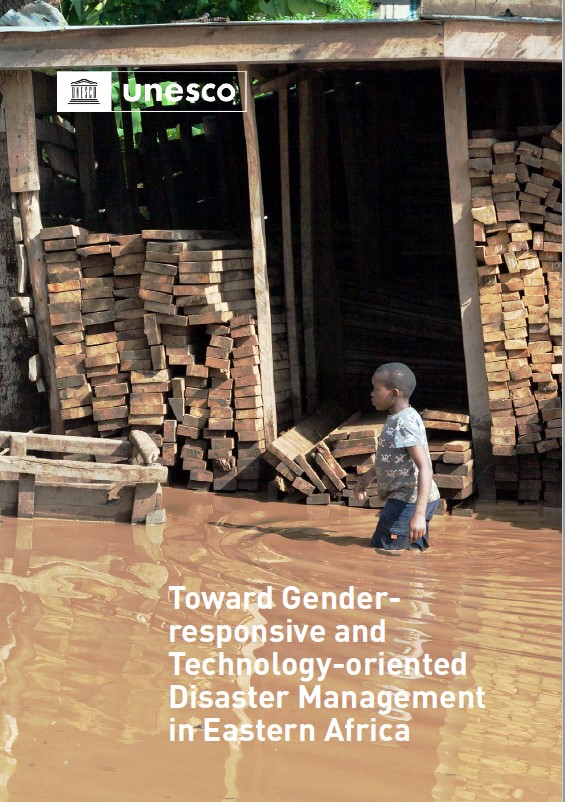
Toward gender-responsive and technology-oriented disaster management in Eastern Africa
December 2021
Extreme climate events and disasters exacerbate the multiple stressors of the economies of East African countries. The Intergovernmental Panel on Climate Change (IPCC) predicts impacts may exceed current coping strategies, impeding sustainable development and in some extreme cases making some countries uninhabitable. There is hence a critical need for accelerated action to prevent risks, and reinforce current disaster response efforts.
One way of preventing risk, enhancing the overall awareness and responsiveness to disasters and climate change is to improve education, develop and leverage advances in modern technologies such as artificial intelligence; application of best practices in citizen science and gender-responsive approaches, which would help bridge the distance, in time and space, between citizens and authorities in those crucial first few moments following the disasters.
This publication:
- Highlights Disaster Risk Reduction (DRR) best practices and climate actions to extreme climate-related events;
- Assesses the extent to which regional and national DRR strategies and programs incorporate AI and gender perspectives in their DRR measures;
- Assesses the institutional landscape, the roles and responsibilities of DRR stakeholders; and
- Elucidates the status of DRR initiatives with a gender and social inclusion lens.
